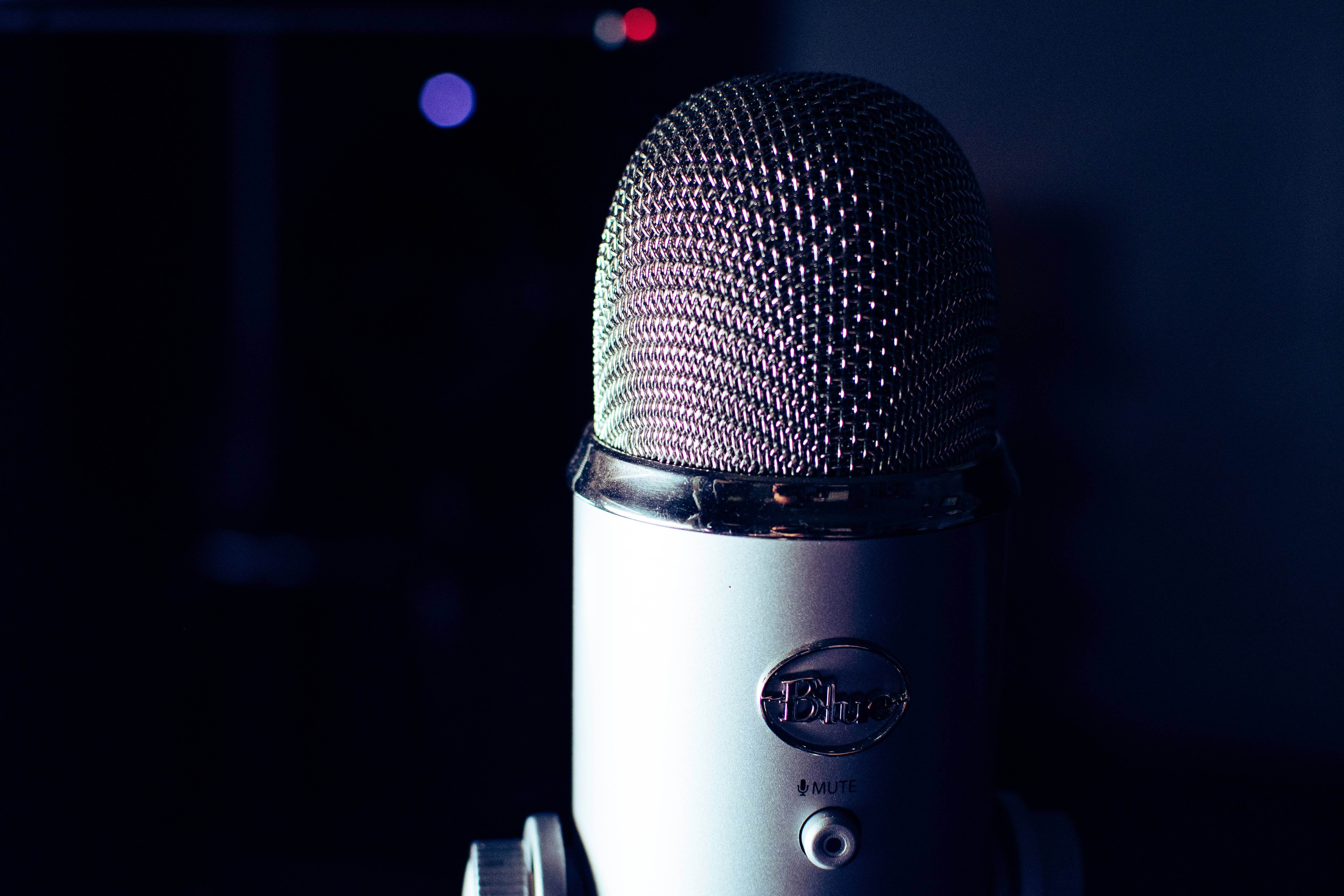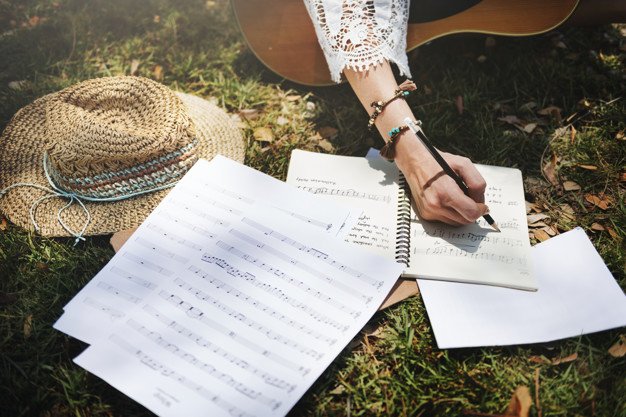When you are a music lover, you understand what the world is missing if they have not heard that one masterpiece or they do not understand the importance of one song.
There are three types of people. People who do not know what music is, and probably do not care. Some people like music but are not as passionate. And then there is the third kind where people cannot live without music in their lives. The people in this third group go through problems that only the people from the third category will understand. If you are looking for any bands to book, check out https://www.eventsindemand.com.
If you are someone who likes music but wants to pursue it seriously, you need to learn the music theory. This will help you grasp the finer points and nuances of what goes into making great music. This will also help you get into the minds and hearts of your favorite musicians and understand why they created a particular kind of music. Music is a deep emotional state of mind that can help understand a lot of things.
Among the many struggles that a music lover has to go through, here are eight problems only music lovers can understand.
Here are 8 Problems Only Music Lovers Will Know:
1. Waiting for an Album to release:
You cannot wait for that one album to drop already. While other people are living their lives normally, you are counting days and weeks to the date when your favorite artist releases that album.
2. Not Enough Time:
There are so many songs you want to listen to. There are the old songs, the new versions, and the remixes. You want to listen to them all and your jams as well. But there is not enough time to cover them all.
3. Tangled Earphones:
The tangling of the earphones is a mystery that will never get solved. One minute you are carefully putting your earphones in your pocket, the next minute they are a jumbled-up mess of wires.
4. Having to Listen to Horrible Music:
It just kills you when you are stuck in someone’s car and cannot listen to the song they are playing. Your taste does not match with many people but being forced to listen to some average song is unfair when you know how many great songs are out there.
5. Cannot Find a Song:
This problem is any person’s nightmare, as no matter how much you try, you cannot remember that one song or its lyrics. At that moment, you cannot think of anything else other than that song, but you are unable to find it either.
6. When Someone Doesn’t like Your Choice:
You get passionate about every song but there is this one song that you love the most, and you make your friends listen to it too. However, if your friends do not like it, your heart shatters into a million pieces.
7. Not Enough Money:
There are so many of your favorite artists that are having concerts, but you cannot go to all of them because you do not always have enough money, which is a bummer.
8. You Cannot Get the Lyrics out of Your Head:
Listening to the song on repeat is easy, but after a time it becomes a challenge to not think about the lyrics anymore. You will be doing an important task or your work from school and all your mind can think about is the song you listened to in the morning.
Being a music lover is not easy when other people do not understand how much love you have for music.
Read Also:






















